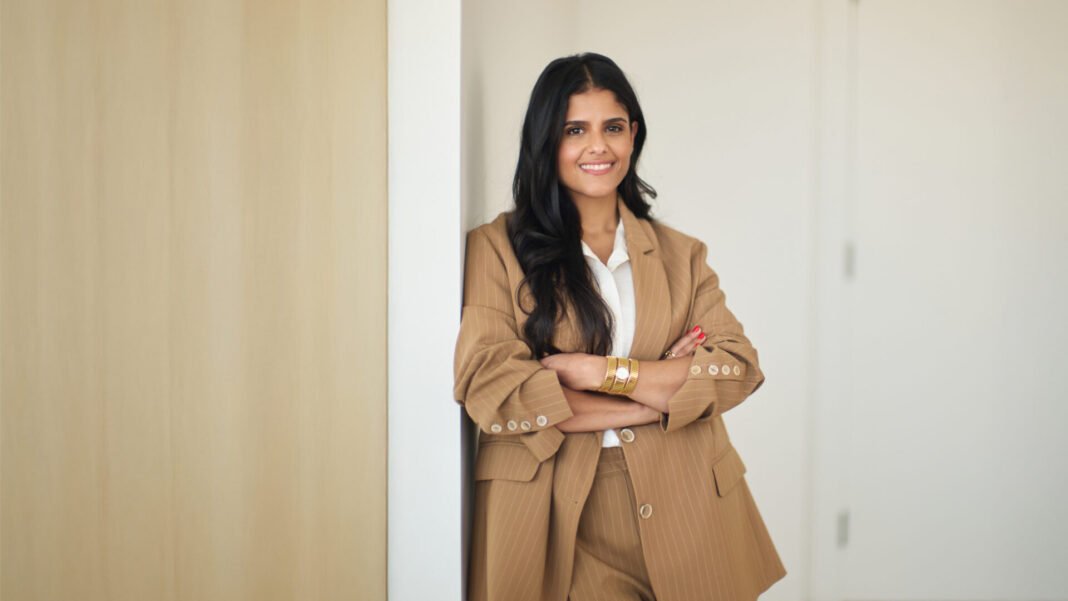Humanising technology in the Gulf is no longer optional; it is a necessity. As the region experiences rapid digital transformation, the focus is shifting from technology for technology’s sake to technology that serves people. The goal is to ensure innovation enhances human experiences, supports communities, and promotes social and economic well-being. A people-first approach helps organisations align their tools and strategies with the real needs of citizens, employees, and customers. Designing with Empathy Empathy is at the heart of human-centred technology. Understanding the challenges and aspirations of users leads to solutions that are more relevant and effective. In the Gulf, this means designing digital services that are accessible to all, including people with disabilities, and considering the cultural and social diversity
Topics
- Artificial Intelligence
- companies
- Construct 360
- E-Commerce industry
- Economy News
- Economy News
- Editor Choice
- Edtech industry
- energy industry
- Entertainment & Leisure
- Entrepreneurs
- Featured
- Fintech
- Funding News
- General News
- Government Policies
- Growth & Strategy
- Health & Wellness
- Healthtech
- industry
- Information & Communication Technology
- Lifestyle
- Management
- Management and Leadership
- Marketing & Branding
- Merger and Acquisition
- Money & Personal Finance
- News
- Oil and Gas
- Real Estate
- Sports and Productivity
- Start-up
- Technology
- Top 10 Listing Article
- Travel
- Women
More
Popular Categories




